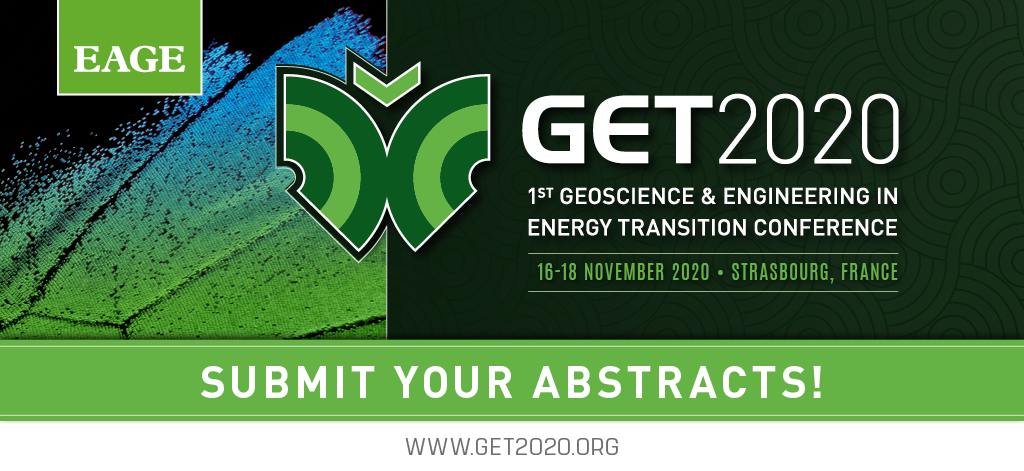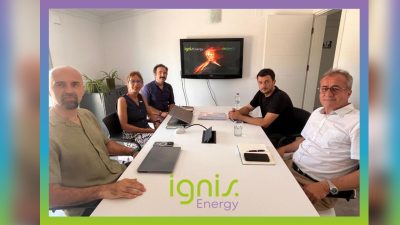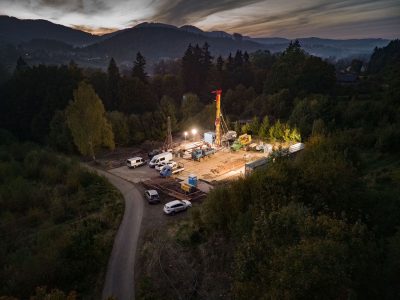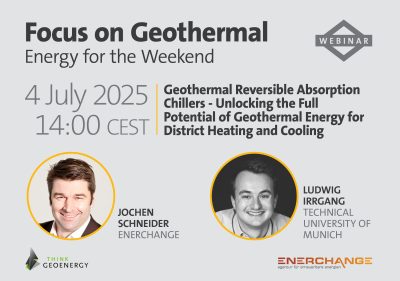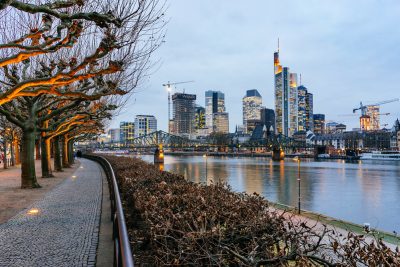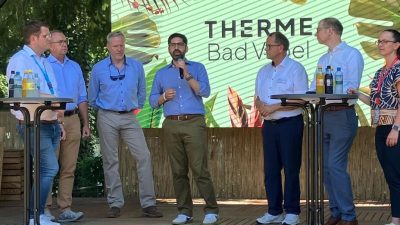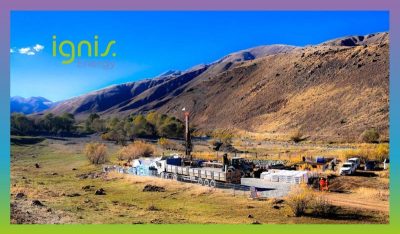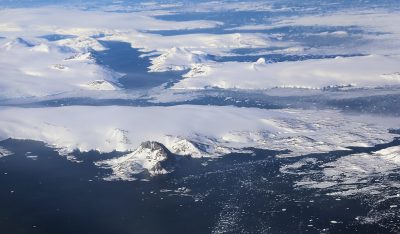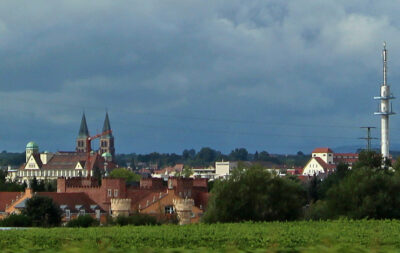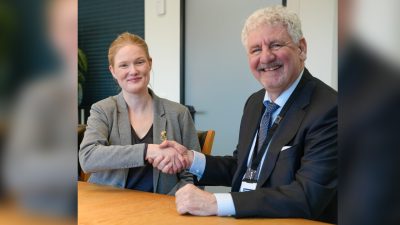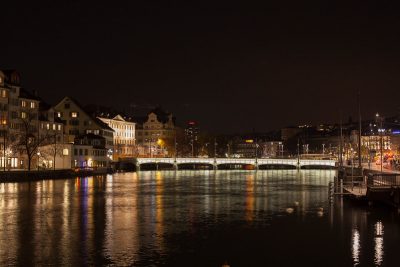EAGE Geoscience & Engineering in Energy Transition Conference – 16-18 Nov. 2020
EAGE is planning its first Geoscience & Engineering in Energy Transition Conference (GET2020) for 16-18 November 2020 in Strasbourg, France. One of the main topics for the conference will be geothermal energy. Don't miss the Call for Abstracts.
Europeans geoscientists and engineers ‘get’ the challenge of the world’s changing climate for the geoscience and related engineering community. That’s why EAGE is planning the 1st Geoscience & Engineering in Energy Transition Conference (GET) for the 16-18 November in Strasbourg, France.
The conference will address what skills and what technologies are required to support the growth of renewable energy in the energy mix. It will also provide a forum to exchange the knowledge about geothermal energy, but also carbon capture and storage (CCS) and energy storage, as well as the synergies and cross-uses of the subsurface. The needs and contributions in terms of policies, regulation, education, and the overall role of society will be discussed.
The context of the conference is that the world climate is changing more rapidly than expected, caused by the increasing use of fossil fuels for energy production. A rapid growth in renewable energy supply is needed urgently as coal power has to be switched to gas and ultimately to renewables. In addition decarbonization of the oil and gas industry using CCS is being seriously developed. It would seem all options have to be applied simultaneously to have a chance of halting the increase of CO2 production. Use of the earth’s subsurface plays a pivotal role for most of the technologies that can contribute to slow down the greenhouse effect. Adjusted Geosciences are needed to ensure a safe and environmentally friendly handling of the subsurface.
Geothermal energy will be one of the main topic of this conference. Unlike other renewables, it can provide baseload power and it is widely available at various scales and depths, but it is subject to uncertainties linked to its subsurface location. This is a case where geosciences may play a significant role, in this case mitigating the risks and improving the performance of geothermal operations, from exploration to characterization, from drilling to exploitation.
In looking forward to GET, all geoscientists, subsurface engineers, energy providers, the industrial sector, researchers and academics, public authorities and other stakeholders in Europe and beyond are welcome to submit an abstract and join this new and groundbreaking conference. The call for papers is open until the 28th of June on the conference site via the EAGE website – link here
